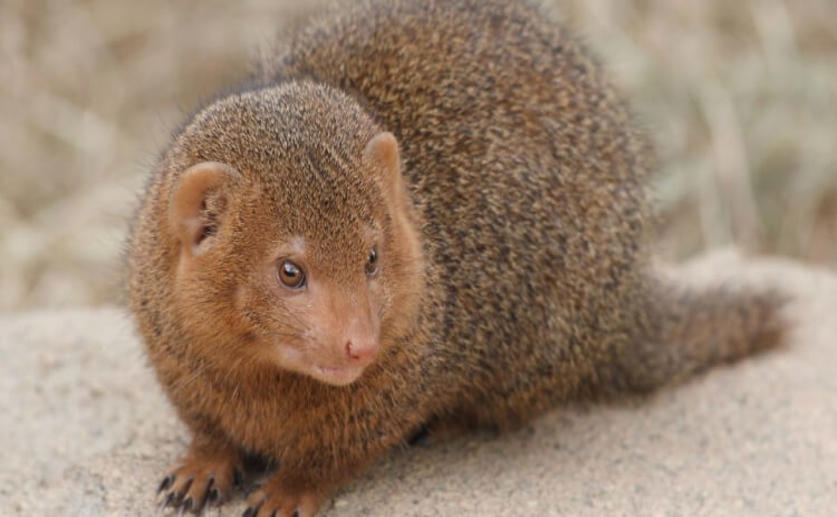
This archived news article is over 5 years old.
Mongooses Are Likely to Help Drive Away Predators When the Alert Is From a Friend
Stephanie Wolek
30th November, 2016


Stephanie Wolek
30th November, 2016
